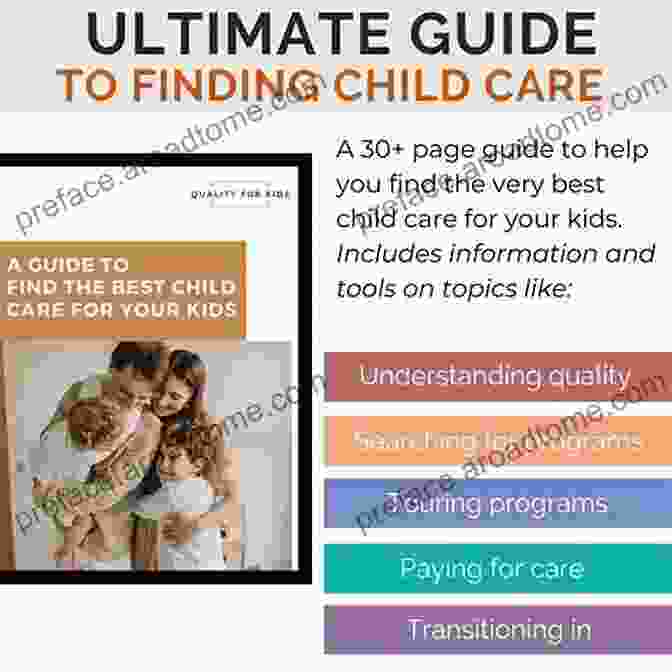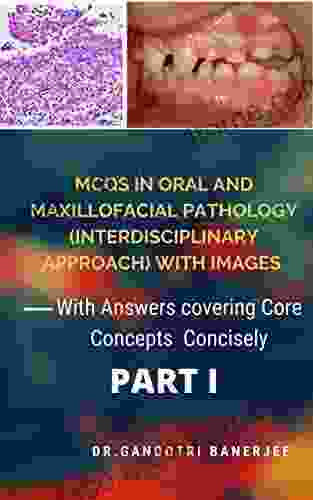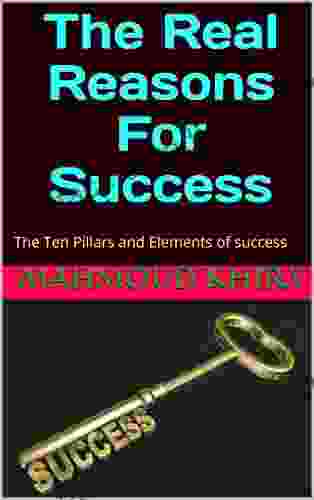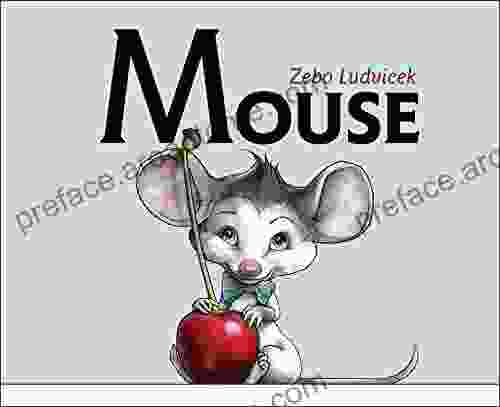My Child Has Autism Now What: A Comprehensive Guide for Parents


Table of Contents
- Understanding Autism
- Signs and Symptoms of Autism
- Diagnosis and Assessment
- Treatment and Intervention
- Supporting Your Child
- Resources and Support
Receiving a diagnosis of autism for your child can be a life-changing event. It can be a time of confusion, uncertainty, and overwhelming emotions. However, it's important to remember that autism is not a tragedy. It is simply a different way of thinking and experiencing the world.
4.5 out of 5
| Language | : | English |
| File size | : | 2303 KB |
| Text-to-Speech | : | Enabled |
| Screen Reader | : | Supported |
| Enhanced typesetting | : | Enabled |
| Word Wise | : | Enabled |
| Print length | : | 130 pages |
This guide is designed to provide parents with comprehensive and up-to-date information about autism. We will cover everything from understanding the condition to finding the right treatments and support. Our goal is to empower parents to be the best advocates for their children.
Understanding Autism
Autism is a complex disFree Download that affects a child's ability to communicate, interact with others, and learn. It is caused by a combination of genetic and environmental factors.
There are many different types of autism, and each child with autism is unique. Some children may have mild symptoms, while others may have more severe symptoms. There is no cure for autism, but there are many treatments and interventions that can help children with autism learn, grow, and develop.
Signs and Symptoms of Autism
The signs and symptoms of autism vary widely from child to child. However, there are some common signs that parents should be aware of.
These signs may include:
- Delayed or absent speech
- Difficulty with social interaction
- Repetitive movements or behaviors
- Sensory sensitivities
- Intellectual disability
If you are concerned that your child may have autism, it is important to seek professional help. A qualified professional can assess your child and determine if they meet the criteria for an autism diagnosis.
Diagnosis and Assessment
There is no single test that can diagnose autism. Instead, a qualified professional will use a variety of assessment tools to evaluate your child. These tools may include:
- Interviews with parents and caregivers
- Observations of the child's behavior
- Psychological testing
- Medical tests
Once your child has been diagnosed with autism, the next step is to develop an individualized treatment plan. This plan will be tailored to your child's unique needs and will include a variety of therapeutic approaches.
Treatment and Intervention
There is no one-size-fits-all approach to treating autism. The best treatment plan for your child will depend on their individual needs. However, there are some general principles that guide treatment for autism.
These principles include:
- Early intervention is key. The earlier your child receives treatment, the better their chances of learning and developing.
- Treatment should be individualized. There is no one-size-fits-all approach to treating autism. The best treatment plan for your child will be tailored to their unique needs.
- Treatment should be based on evidence. There are a number of evidence-based treatments for autism. These treatments have been shown to be effective in helping children with autism learn, grow, and develop.
- Applied behavior analysis (ABA)
- Speech therapy
- Occupational therapy
- Physical therapy
- Medication
- Learn as much as you can about autism. The more you know about your child's condition, the better equipped you will be to help them.
- Be patient and understanding. Children with autism may take longer to learn and develop than other children. Be patient with them and celebrate their progress.
- Encourage communication. Children with autism may have difficulty communicating, but there are many ways to encourage them to express themselves. Be patient and persistent, and don't be discouraged if progress is slow.
- Provide structure and routine. Children with autism thrive on structure and routine. Create a daily schedule for your child and stick to it as much as possible.
- Create a positive and supportive environment. Children with autism need to feel safe and loved. Create a positive and supportive environment for your child where they can learn and grow
- The Autism Society of America (ASA): The ASA is a national organization that provides information, support, and advocacy for parents of children with autism.
- Autism Speaks: Autism Speaks is a national organization that funds research into autism and provides support for families affected by autism.
- The National Autistic Society (NAS): The NAS is a UK-based organization that provides information, support, and advocacy for parents of children with autism.
- Local autism support groups: There are many local autism support groups that provide a place for parents to connect with other parents and share information and resources.
Some of the most common evidence-based treatments for autism include:
Supporting Your Child
In addition to seeking professional help, there are a number of things you can do to support your child with autism.
These things include:
Resources and Support
There are a number of resources and support available for parents of children with autism.
These resources include:
Remember, you are not alone. There are many resources and support available to help you on your journey as a parent of a child with autism.
4.5 out of 5
| Language | : | English |
| File size | : | 2303 KB |
| Text-to-Speech | : | Enabled |
| Screen Reader | : | Supported |
| Enhanced typesetting | : | Enabled |
| Word Wise | : | Enabled |
| Print length | : | 130 pages |
Do you want to contribute by writing guest posts on this blog?
Please contact us and send us a resume of previous articles that you have written.
 Book
Book Novel
Novel Page
Page Chapter
Chapter Text
Text Story
Story Genre
Genre Reader
Reader Library
Library Paperback
Paperback E-book
E-book Magazine
Magazine Newspaper
Newspaper Paragraph
Paragraph Sentence
Sentence Bookmark
Bookmark Shelf
Shelf Glossary
Glossary Bibliography
Bibliography Foreword
Foreword Preface
Preface Synopsis
Synopsis Annotation
Annotation Footnote
Footnote Manuscript
Manuscript Scroll
Scroll Codex
Codex Tome
Tome Bestseller
Bestseller Classics
Classics Library card
Library card Narrative
Narrative Biography
Biography Autobiography
Autobiography Memoir
Memoir Reference
Reference Encyclopedia
Encyclopedia Phil Reed
Phil Reed M David Litwa
M David Litwa Stephen B Oates
Stephen B Oates Gina Molitor
Gina Molitor Mariana Correa
Mariana Correa Diana Navarro M S
Diana Navarro M S Derek Tait
Derek Tait Muthukumar Palanisamy
Muthukumar Palanisamy Sarah Baynes
Sarah Baynes Natalie Bridger Watson
Natalie Bridger Watson Julie Coleman
Julie Coleman Diane Allen
Diane Allen Margery Phelps
Margery Phelps Stutisheel Lebedev
Stutisheel Lebedev Dr Asma Mohammadi
Dr Asma Mohammadi Diana Muenz Chen
Diana Muenz Chen Tom Verguts
Tom Verguts Djamila Rekioua
Djamila Rekioua Dr Deann M Fitzgerald Od
Dr Deann M Fitzgerald Od Dr Angeli Maun Akey
Dr Angeli Maun Akey
Light bulbAdvertise smarter! Our strategic ad space ensures maximum exposure. Reserve your spot today!
 Ernest J. GainesFollow ·3.8k
Ernest J. GainesFollow ·3.8k Jamison CoxFollow ·16.3k
Jamison CoxFollow ·16.3k Larry ReedFollow ·5.7k
Larry ReedFollow ·5.7k Richard WrightFollow ·6.2k
Richard WrightFollow ·6.2k Douglas FosterFollow ·5.9k
Douglas FosterFollow ·5.9k Jeffrey CoxFollow ·5.5k
Jeffrey CoxFollow ·5.5k David Foster WallaceFollow ·14.7k
David Foster WallaceFollow ·14.7k Bradley DixonFollow ·17.4k
Bradley DixonFollow ·17.4k

 Brandon Cox
Brandon CoxUnveiling the Secrets of Core Concepts: The Ultimate...
Are you ready to unlock the doors...

 Colt Simmons
Colt SimmonsUnlock Your True Potential: Uncover the Real Reasons For...
Embark on a...

 Ivan Turner
Ivan TurnerLove You Mom But You And Dad Are Getting a Divorce
A Heartfelt and...

 Ervin Bell
Ervin BellIntroducing Mouse Paul Moorcraft: A Captivating Tale of...
Embark on an Unforgettable Journey...

 Mike Hayes
Mike HayesBattling Obesity In Teens And Shaping The Future
The Growing...

 Yasushi Inoue
Yasushi InoueEmbark on a Culinary and Cultural Voyage: Delve into the...
A Tapestry of...
4.5 out of 5
| Language | : | English |
| File size | : | 2303 KB |
| Text-to-Speech | : | Enabled |
| Screen Reader | : | Supported |
| Enhanced typesetting | : | Enabled |
| Word Wise | : | Enabled |
| Print length | : | 130 pages |











